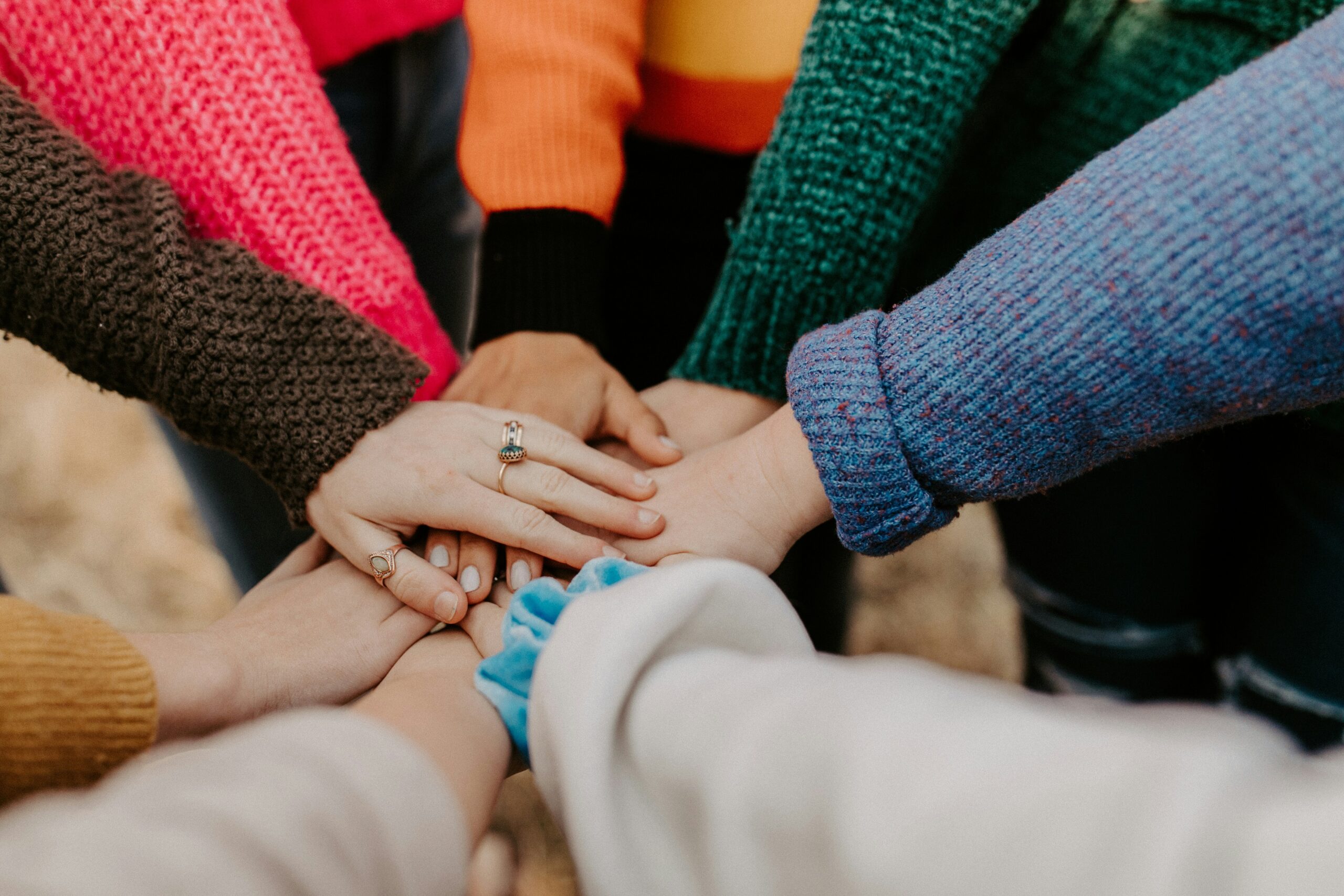In the third quarter of 2025, the NationSwell Council embarked on a journey across America for a Salon series dedicated to exploring The Power of Collaboration.
In an age of challenges too big for any one leader or sector to solve alone — including climate change, immigration, inequality, public health, democratic decline, and technologies advancing faster than our institutions can adapt — the way forward can only be found through deep connection and collaboration.
The Salon series served as a vehicle to connect us with some of the standout collaborations and unlikely partnerships that have become essential to unlocking new possibilities, outcomes, and solutions. Participating leaders shared with candor and courage, helping us to spark meaningful connections, fresh insights, and deeper relationships across the groups we met with.
In the following sections, we’re excited to present a curated collection of the insights and essential resources we’ve distilled from these conversations.
Key Insights:
- Scale Boldly Through Cross-Sector Partnerships. Nonprofits must consider mergers, acquisitions, and coalitions designed for greater impact amid sector contraction and wealth inequality. Change is multi-racial, intergenerational, and cross-sectoral, and engagement should involve full leadership teams—not just select executives.
- Share Power With Youth and Next-Gen Leaders. Movements are most relevant and sustainable when youth have true decision-making roles. Carefully defining “youth” shapes both funding and strategy. Mental health is a core priority, and initiatives like a Youth Mental Health Corps could expand both impact and workforce diversity.
- Build Trust Through Proximity. As trust in institutions declines, leaders should create solutions with communities—not just for them. Practices like focus groups, co-design, and candid dialogue foster authenticity and trust, though they’re underused in many nonprofits.
- Expand What Counts as Care. Solving the youth mental health crisis means recognizing care can be provided well beyond traditional therapy. Healing shows up through nature, group activities like GirlTrek, workplace programs, or caring mentors outside the family.Shift Mindsets and Culture
- Lasting change grows from culture as much as strategy. That involves radical support, shared leadership, and welcoming discomfort as a catalyst for transformation. Philanthropy’s convention of “lifetime leadership” makes power transitions complex—but with widespread discomfort, now is the time to embrace new possibilities.
- Effective collaborations grow from trust, where resources are shared in flexible, unrestricted ways rather than bound by rigid requirements.
- Micro-philanthropy and community-driven giving demonstrate how modest yet rapid investments can fill urgent gaps and scale across contexts.
- Cross-boundary partnerships—among nonprofits, employers, service providers, and connective platforms—generate more comprehensive impact by addressing both immediate needs and long-term opportunities.
- Collective action helps tackle structural barriers no organization can overcome alone, such as inequitable access to financial and social capital.
- Shifting from individual success metrics to collective ROI elevates community well-being alongside financial outcomes. This mindset enables creativity in partnership, aligning corporations, grassroots groups, and others around shared goals.
- Innovation often emerges when “unlikely but powerful partners”—such as technology firms with nonprofits or philanthropy with grassroots coalitions—unite. These unconventional alliances unlock advantages rooted in diversity, shared purpose, and integrated action.
- Building platforms for direct, transparent resource exchanges will strengthen collaboration by fostering trust.
- Expanding community-driven giving models can create more resilient systems of support, whether in education, workforce, or beyond.
Resources shared:
- Proximity for Justice
- Beyond the Headlines: A Deep Dive Into Trends and Opportunities in Youth Mental Health
- Youth Mental Health Corps
- Institute for Youth Mental Health
- The Impact Map – The Impact Project
- Trust-Based Philanthropy & Grant-Making with Megan Lorius
- The Intersector: How the Public, Nonprofit, and Private Sectors Can Address America’s Challenges– Daniel P Gitterman (Edited by), Neil Britto (Edited by)
- Scaling Social Innovation Through Cross-sector Social Partnerships – Thomas G Pittz and Melissa L Intindola
- Partner with Purpose: Solving 21st-Century Business Problems Through Cross-Sector Collaboration — Steve Schmida
- Last Mile Education Fund
- FSG’s Six Conditions of Systems Change
- Kibi Anderson – Case Studies
- GIRL Fest
- Tear The Paper Ceiling
- ASU in LA
- Communities in Schools
- Super Agency
- Ross Douthat + Ezra Klein
- Pasitos Spanish Immersion School
- Professor Idris and ServiceNow University

